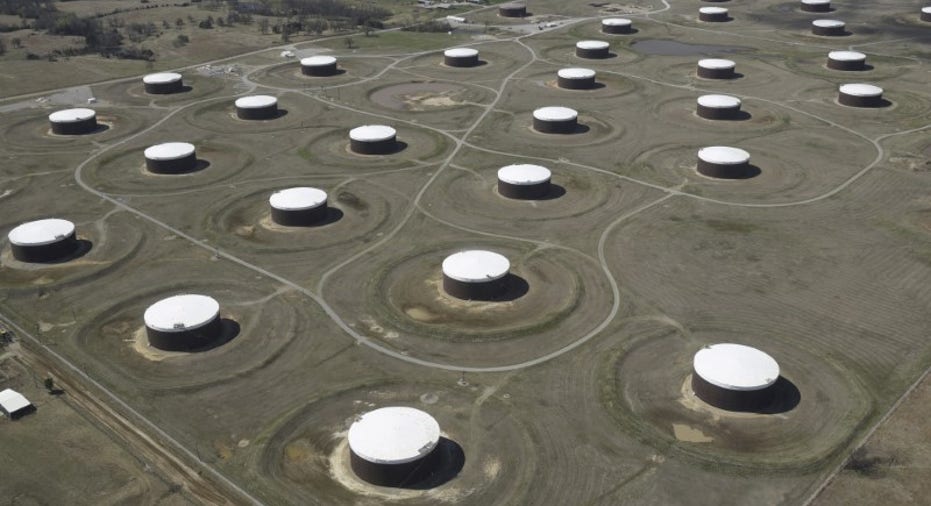Investors eye midstream sector as production ramps up

HOUSTON – Investors are placing bets that demand for U.S. energy pipelines, storage and processing facilities will outstrip supply in the next few years as the resurgence in shale oil and gas production increases.
With U.S. oil prices mostly above $50 a barrel for several months and a jump in drilling activity this year, new projects are moving off the drawing boards, and backers are lining up customers. There also has been a spate of deals involving existing transportation and storage networks.
The deals should ensure that production growth coming from shale basins has new outlets to market. The amount of money moving off the sidelines also is spurring valuations that potential investors say could trip up some deals.
Several long-haul pipelines have been proposed in recent months to move natural gas and liquids from West Texas to the Gulf Coast, including one by private-equity-backed NAmerico Partners. Its multibillion-dollar line would ferry 1.85 billion cubic feet of gas per day from the Permian to Corpus Christi.
The NAmerico project and a similar line announced by Kinder Morgan are "indicative of the type of supply growth we're going to see," said Billy Lemmons, managing partner and founder at private equity fund EnCap Flatrock Midstream.
For every dollar invested in production, another 15 cents to 35 cents is required for pipelines, processing plants and other midstream infrastructure, he said.
Many investors favor such projects because they are fee-collecting businesses and face less commodity price risk than exploration and production investments. Stable oil prices also have alleviated worries that shippers won't meet their pipeline commitments.
In the Delaware Basin region of the Permian, private equity firms have accounted for more than 46 percent of growth in new gas processing systems, according to Barclays.
GREATER COMPETITION
In active drilling areas, operators are trying to get 10 times to 12 times estimated 2017 earnings before interest, taxes, depreciation and amortization on pipeline and other assets.
"Auctions have become very pricey," said Lex Hochner, vice president at Haddington Ventures, a private equity fund backing a massive salt dome oil storage project in Houston.
Targa Resources Corp in January agreed to buy Outrigger Energy LLC's Permian Basin gathering and processing assets for $1.5 billion, the same month Plains All American Pipeline paid $1.2 billion to Concho Resources Inc and Frontier Midstream Solutions for a pipeline system.
Private equity firms also bid on those assets but could not compete on the rich valuation, said one source familiar with the deals.
This week, pipeline operator NuStar Energy agreed to pay $1.48 billion for Navigator Energy Services to get a foothold in the Permian.
Pipeline transactions are percolating elsewhere.
An arm of Royal Dutch Shell plc in December acquired interests in three pipelines from BP plc for undisclosed amounts. BP earlier sold one of its Gulf of Mexico pipelines to American Midstream Partners .
Investors also are acquiring preferred equity in companies. Last August, pension fund Alberta Investment Management Corporation (AIMCo) agreed to take up to $500 million in preferred stock units from infrastructure provider Howard Energy Partners.
"The longer commodity price recovery continues, the better the balance sheets of midstream companies look," said Kirkland & Ellis partner Adam Larson, who advised on the AIMCo and Howard Energy deal.
(Reporting by Liz Hampton; Editing by Gary McWilliams and Bill Trott)



















